| Many wheels of change in auto retail |
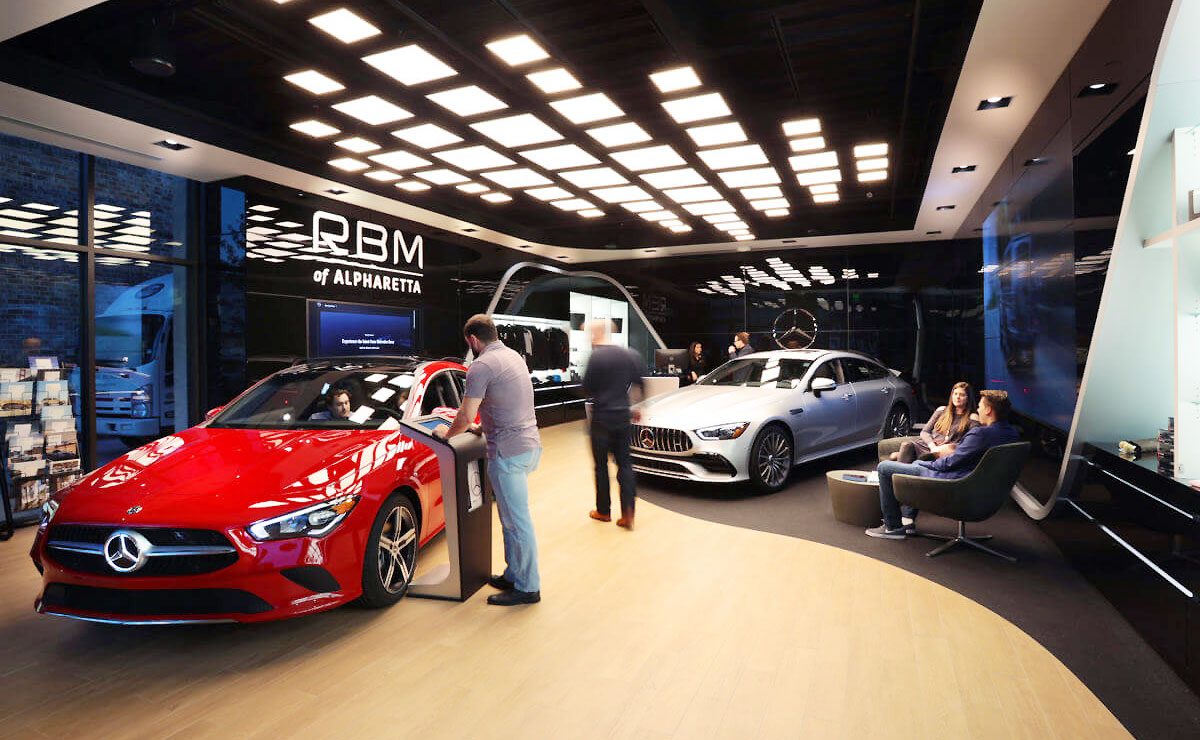
There’s been a lot going on in auto retail, as you’ll see in this week’s Automotive News.
Bryan DeBoer’s ambitious growth plans for Lithia Motors Inc. have the company, based in Medford, Ore., (pop. 86,000) finding its way to London (pop. 9 million) about 5,1000 miles away. That’s a long road trip!
Last week’s purchase of Jardine Motors Group, Jack Walsworth and Julie Walker report, adds more than 40 new-vehicle dealerships in the U.K. to Lithia’s portfolio, including stores selling luxury brands Aston Martin, Porsche, Mercedes-Benz and BMW. And by entering the U.K., Lithia gains direct exposure to the agency model of retail, in which each brand’s dealers sell new vehicles at factory-set prices with a more fixed profit schedule.
It also gets Lithia more than $2 billion dollars closer to goal of $50 billion in annual revenue. In 2022, it booked $28.2 billion.
Lithia isn’t the only one looking for big growth. Ford aims to dramatically grow its electric vehicle business. (OK, so does everyone else.) But Ford’s approach to bringing its dealers along for the costly conversion to electrification has been more turbulent than most, as Michael Martinez loyally documents.
A group of 46 Ford dealers in North Carolina this month filed a petition challenging the program with the state’s commissioner of the Division of Motor Vehicles, joining dozens of state dealer organizations that oppose the plan.
And about 1.5 percent of dealers decided to opt out of selling Ford EVs, despite the company’s efforts, including easing restrictions on the less costly Certified tier.
There’s no doubt that auto retail is undergoing profound changes. The Automotive News editorial board saw what Mercedes-Benz and its dealers are doing with retail experiments and said “Why not?”
We all know there’s a full range of consumers out there from folks who do all their shopping and banking in person to those who want to transact completely online, even if it means paying more to do so without haggling. Like a lot of data in this chaotic COVID era, separating the temporary turbulence from the long-term trend can be challenging. But there can be little doubt that digital shopping is only going to continue and grow throughout the generational shift. If you believe that too, then shouldn’t there be some rethinking of retail approaches to match it?
Are boutique shops at upscale mixed-use locations the key to Tesla’s dominance of the EV market? No, but they play a role.
And any brand that wants to compete has to be able to at least try to match or one-up the luxury market’s new king: Dogmatic demands on dealerships don’t help anyone.
Everyone needs to be able to adapt. Find out what else is changing in the industry in this week’s issue of Automotive News.
 |
|---|
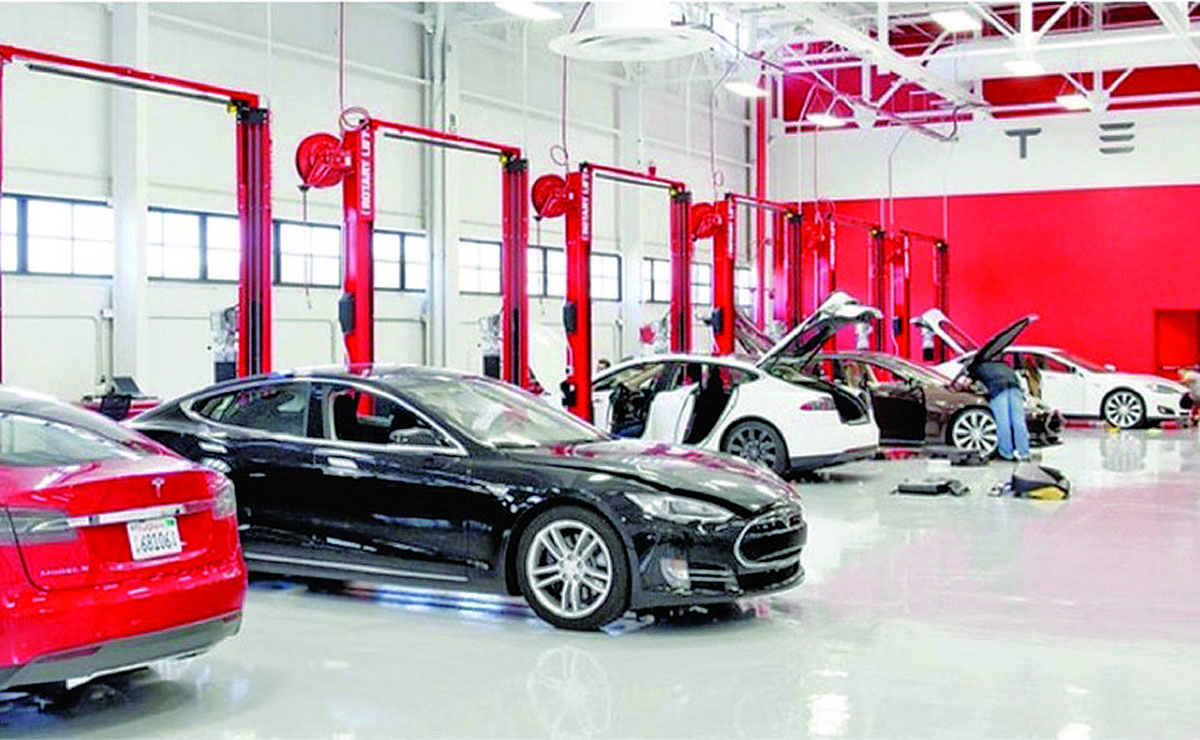
 |
|---|
In Monday’s Automotive News:
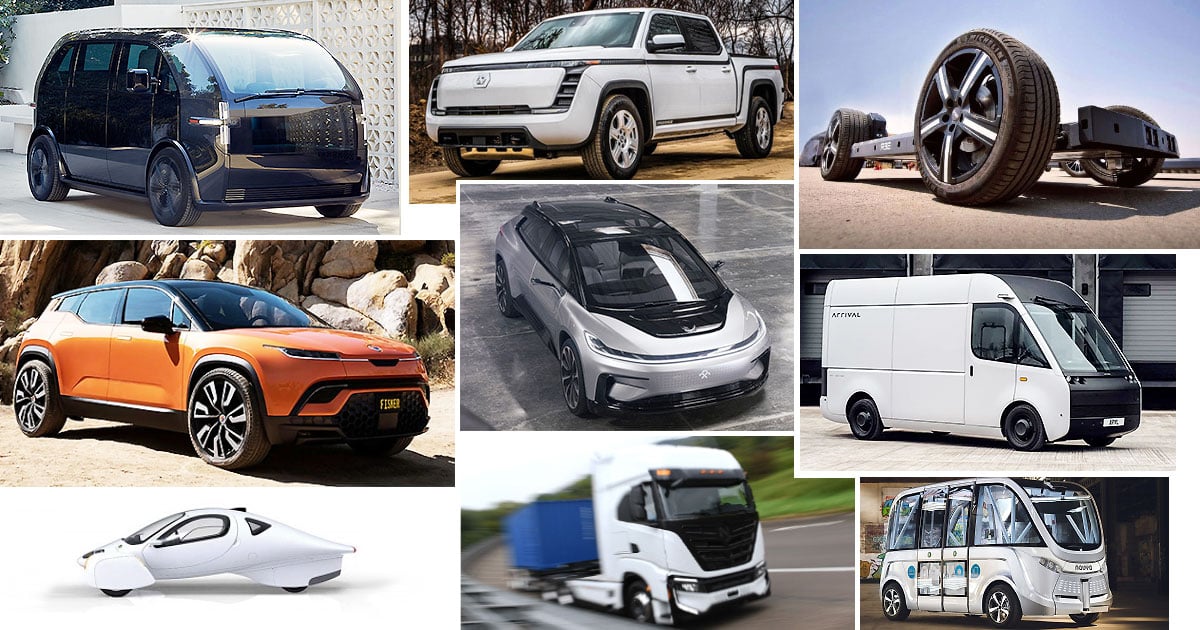
It looks like the EV startup boom is over: EV startups, the subject of seemingly limitless industry buzz, raised millions of dollars from investors who were told the EV future was just around the corner. Instead, many of the stewards of that future are now struggling to pay their bills. Of 10 EV startups reviewed by Automotive News, only four have enough cash on hand to cover a year or more of operating expenses as they contend with higher costs, government probes, lawsuits, C-suite turnover and investor burnout.
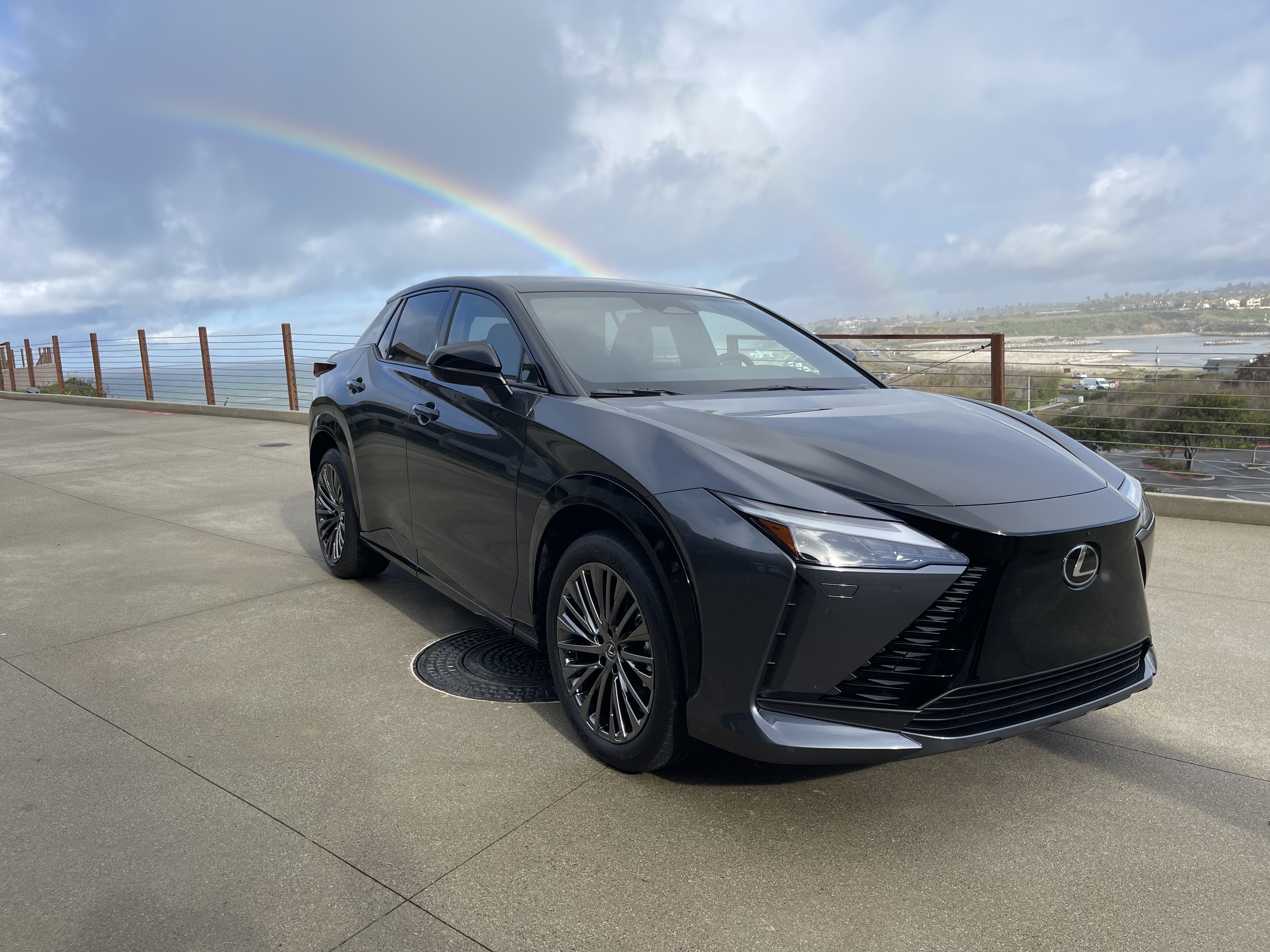
Lexus’ Tesla fighter: Automotive News looks at Lexus’ new 2023 RZ 450e, an electric crossover offering luxury EV shoppers a fresh alternative to Tesla’s Model Y that starts at just under $60,000 and can travel up to 220 miles per charge. The compact crossover, on sale now, has a distinctively Lexus exterior styling and carries forward the spindle grille, which the automaker calls the spindle body. The goal is to maintain the brand’s styling without intruding on aerodynamics, said Eli Nesbitt, a Lexus senior analyst. Because of the low roofline and a front fascia engineered for precise air intake, the RZ has a drag coefficient of 0.29 and is the most aerodynamic vehicle in Lexus’ lineup, he said.
Weekend headline
New Toyota CEO Koji Sato will prioritize hydrogen: Under his watch, new Toyota CEO Koji Sato says a top focus through the end of the decade will be expanding the hydrogen infrastructure and the array of industries using the futuristic fuel.
 |
|---|
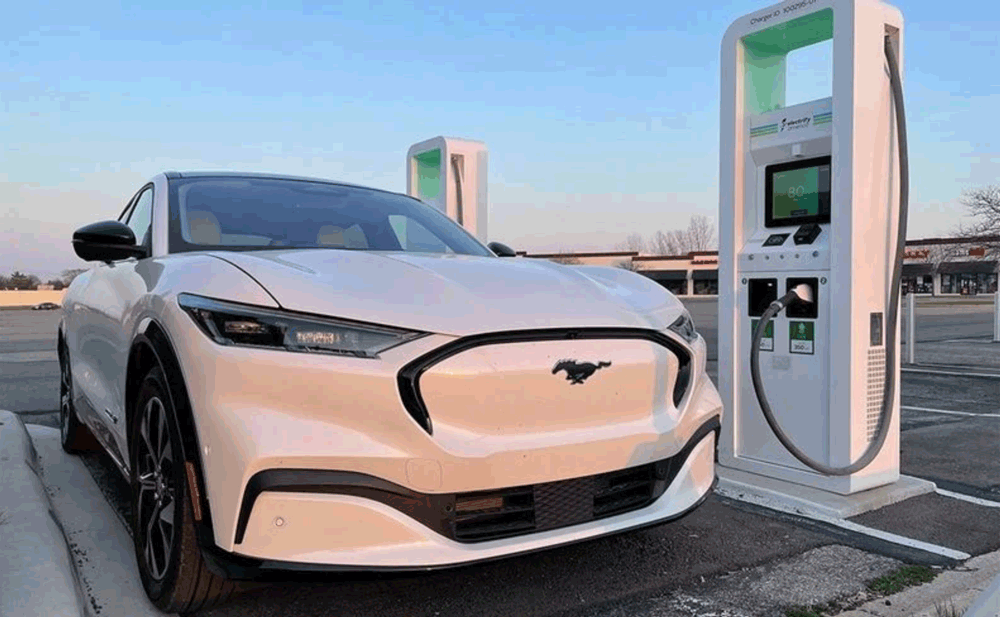 Ford dealers drop out of EV program: Twenty-nine Ford dealers have dropped out of the automaker’s EV certification program after Ford made changes in response to complaints raised by a majority of state dealer associations. Ford said 1,891 retailers are now enrolled in the Model e program.
Ford dealers drop out of EV program: Twenty-nine Ford dealers have dropped out of the automaker’s EV certification program after Ford made changes in response to complaints raised by a majority of state dealer associations. Ford said 1,891 retailers are now enrolled in the Model e program.
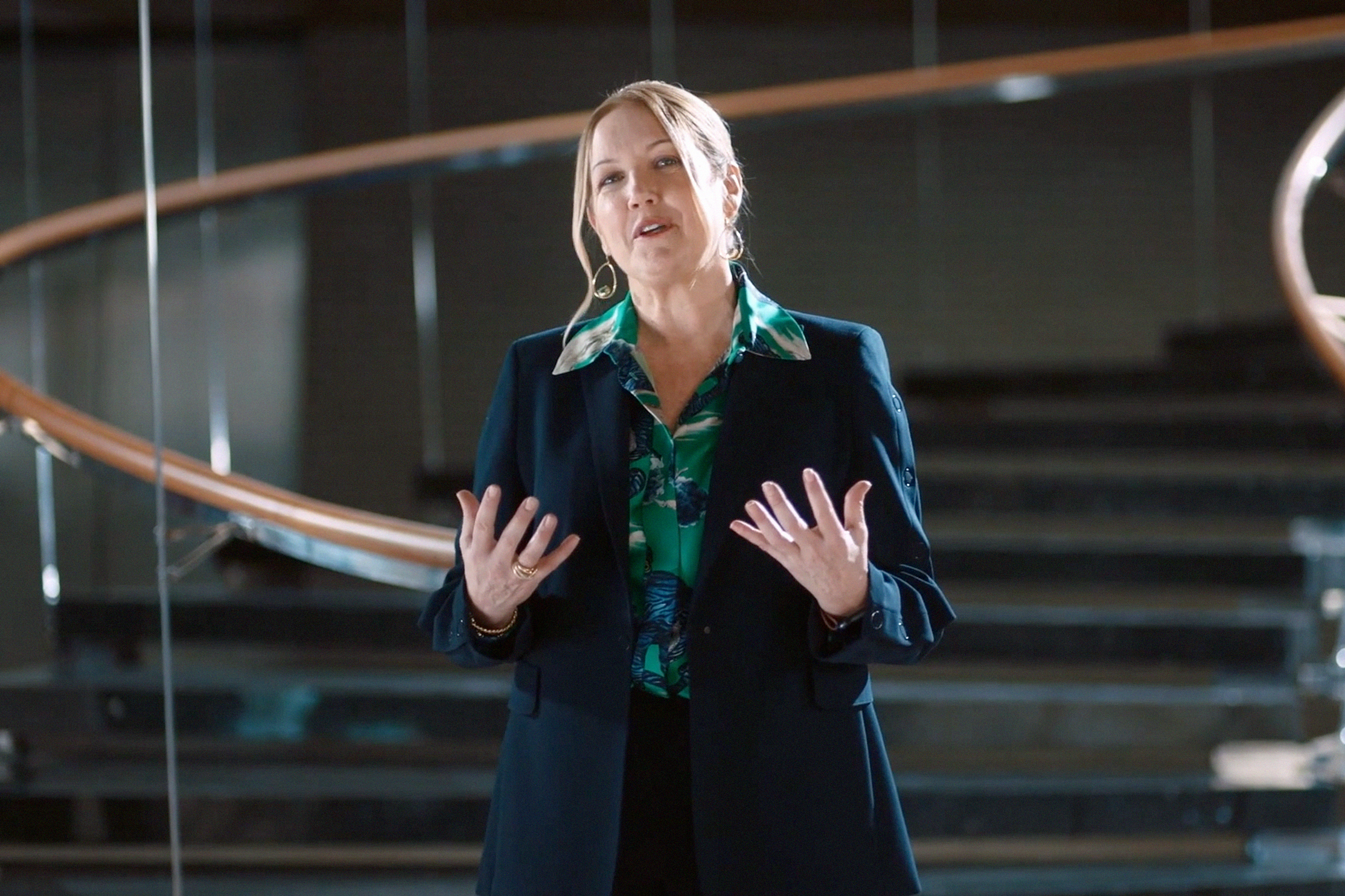
GM Global Marketing Chief Deborah Wahl is departing: Wahl, 60, became GM’s chief marketing officer in 2019. GM said she has “elected to retire,” but her departure is going to leave “a void that’s going to be tough to fill,” one Cadillac dealer said.
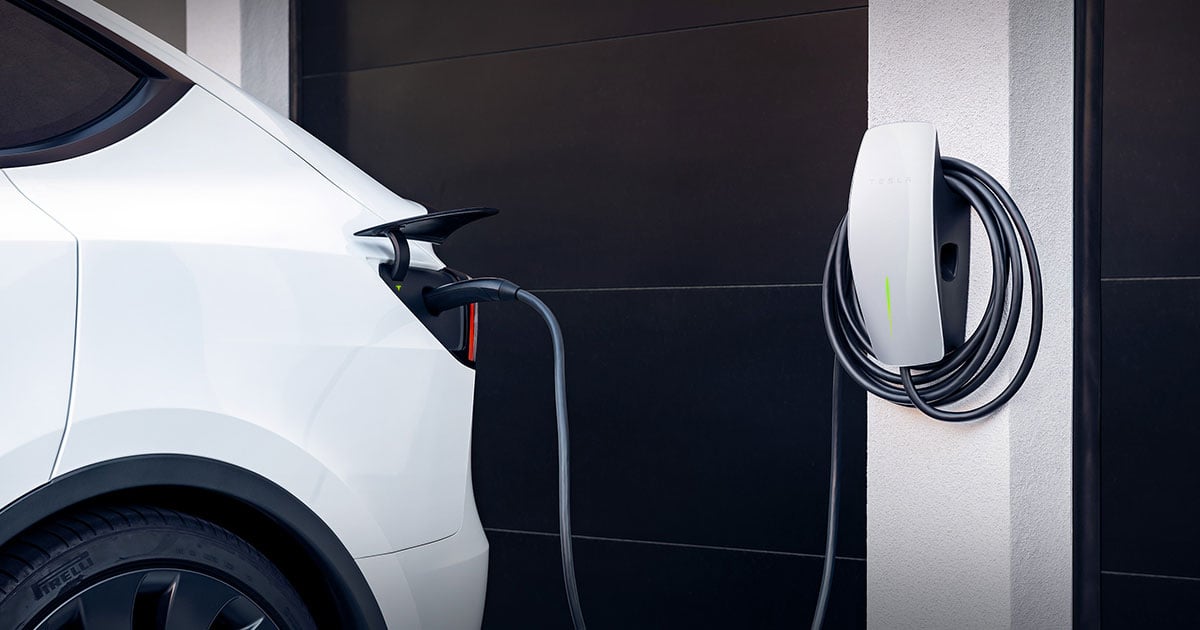
Home charging satisfaction falls: J.D. Power, in its latest survey, said EV owners’ satisfaction with the home charging experience declined last year because of high costs, slow charging and limited charging education.
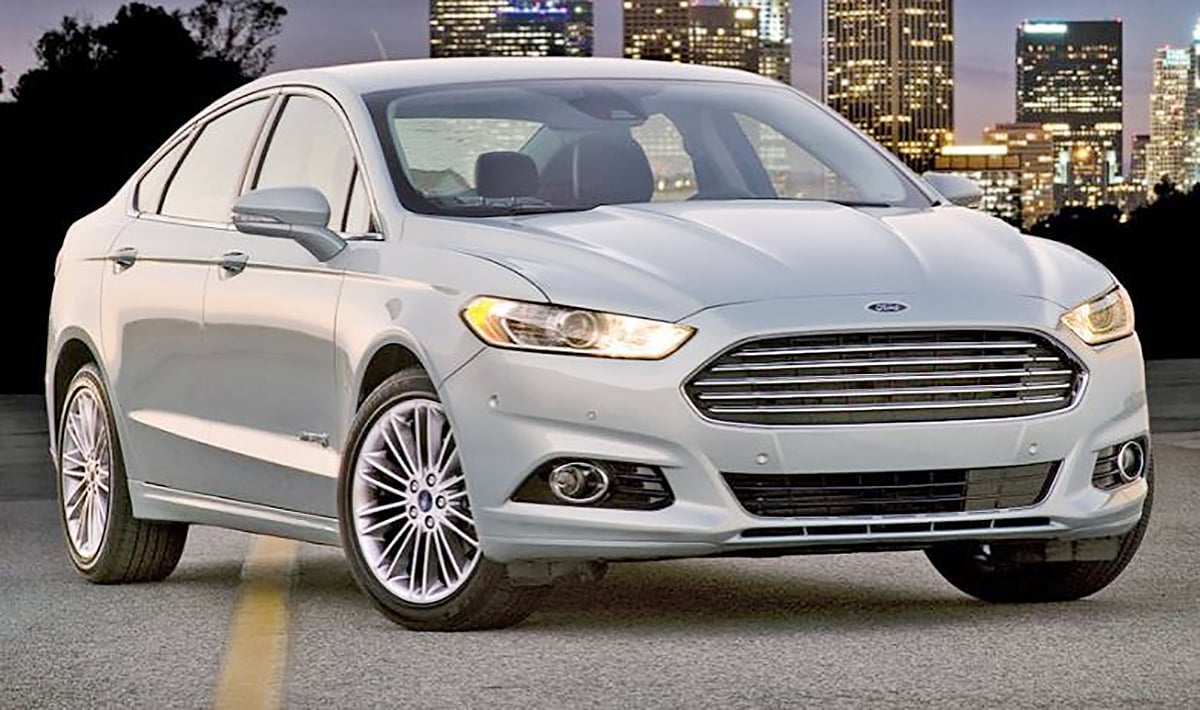
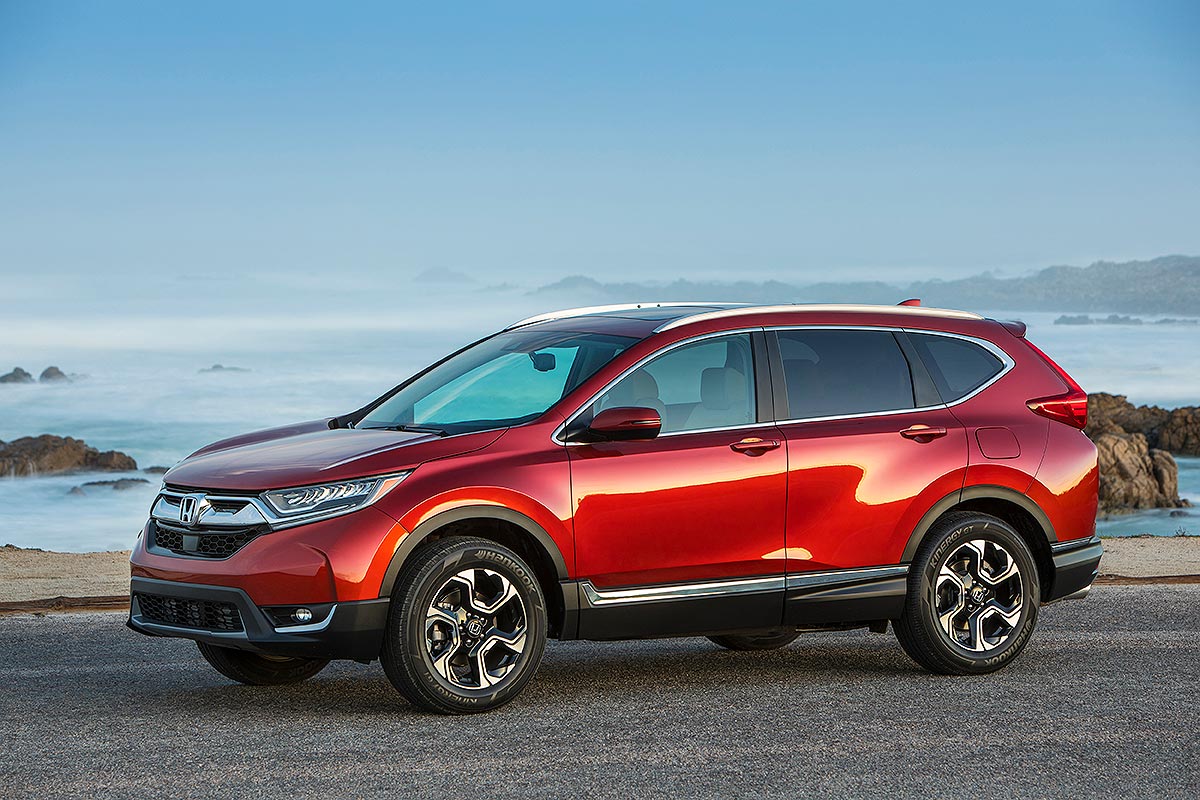
Ford, Honda recalls: Ford is recalling more than 1.3 million 2013-18 Ford Fusion and Lincoln MKZ vehicles globally for front brake hoses that might rupture and leak brake fluid. Honda, meanwhile, said it will recall 448,613 vehicles in the U.S. and more in Canada, Mexico, Panama and St. Maarten over seat belt buckles that may not latch properly.
 |
|---|
|
|---|
 |
|---|
 |
|---|
 |
|---|
March 24, 2020: The Tokyo Summer Olympics, on which Toyota spent a reported $835 million to become a top sponsor, are postponed to 2021 because of the COVID-19 pandemic.

